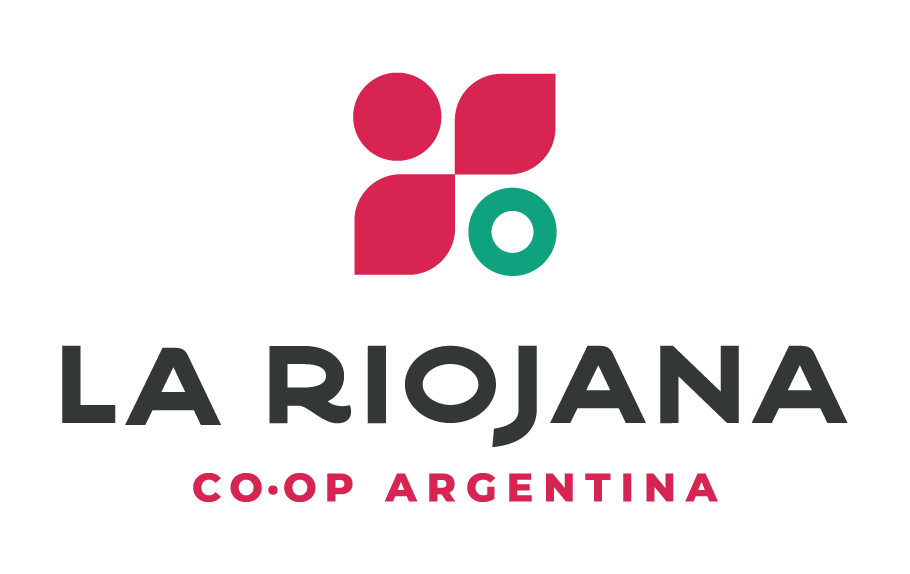What Is Organic Wine?
/
For any foodstuff to be labeled as organic, 95% of its ingredients must come from organically produced plants and animals. Because some ingredients are not available organically, up to 5% of ingredients from a list of approved non- organic food ingredients are allowed.
Certification standards around the world vary in their criteria, but broadly speaking, organic wines are produced exclusively with organically grown grapes. Certified producers are banned from using artificial fertilisers, pesticides or fungicides on their crops.
Instead, the grower focuses on producing a healthy, more self-sufficient vine, which is able to withstand pests and feed itself naturally, rather than on protecting the vine from anything that might harm it. This entails developing a healthy soil and a balanced ecosystem within the vineyard.
It also means a lot of intensive labour, since grapes in many organic vineyards are handpicked, minimising stress and damage to the vine, soil and fruit.
Where is it popular?
While the growing popularity of organic wine is a worldwide trend, it is especially marked in Germany, the UK, Switzerland, New Zealand, Japan, Canada and the US.
In Canada, where wine sales have been growing at 20% year on year, organic wine sales are valued at around $2bn a year, while in the US, organic sales represent approximately $26bn.
In Europe, most countries are experiencing an increase of between 5% and 15% per year in organic wine sales. Sweden enjoyed the highest growth rate at 18% year on year, followed by Holland at 10%, Denmark at 8%, Italy and Switzerland at 7% and France and Austria with 5%.




